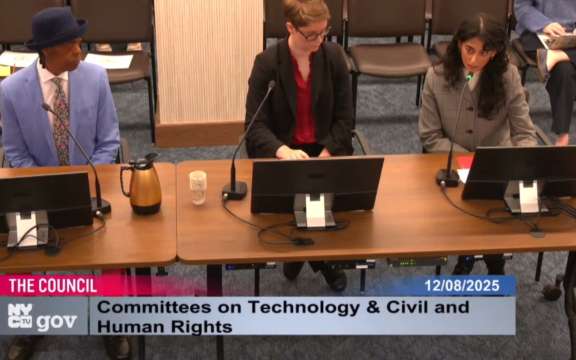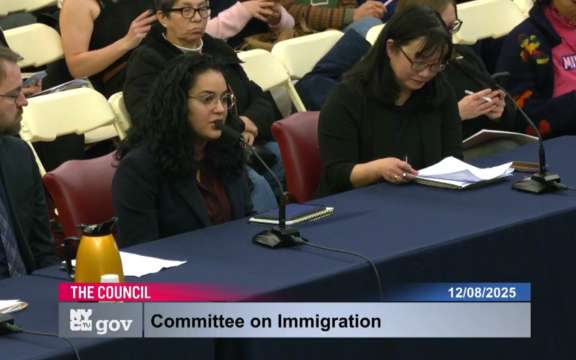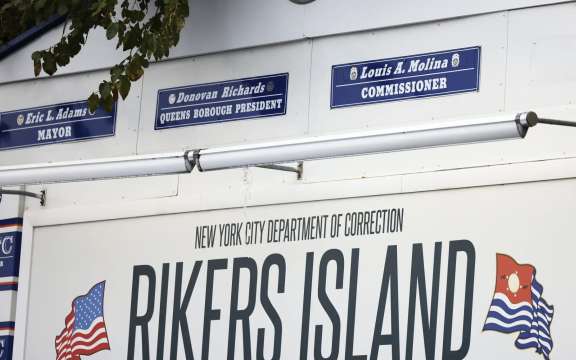Spotlight on the Promoting Pre-Trial Stability Act
Spotlight on the Promoting Pre-Trial Stability Act
Dana Leib, a senior staff attorney with our Integrated Defense Practice, representing people in both criminal court and family court matters, sat down to explain how the indiscriminate ordering of Temporary Orders of Protections affects New Yorker families.
First, can you start by explaining what a Temporary Order of Protection (“TOP”) is in criminal court?
A Temporary Order of Protection, sometimes called a “stay-away order,” is a condition of release imposed on a person accused of a crime in a pending case, notably before evidence to support the allegations has been shown to a judge.
There are two types of TOPs: (1) Full Temporary Orders of Protection are orders to stay away from a person and any locations that they commonly go to, such as home and work, and to have no contact with the “protected party” at all; (2) Limited Temporary Orders of Protection are orders to refrain from committing any crimes against the protected party, but they do allow contact.
What are some of the consequences of Full TOPs?
Full TOPs can render people homeless, prevent them from seeing their children, and remove them from their support systems. These devastating circumstances can last for weeks or even months, as TOPs cannot be modified without a new court date, which requires consent from the District Attorney and the court. These orders are often issued even against the wishes of the protected party, and the prosecution’s request for one is effectively rubber-stamped by the judge.
There has been litigation to challenge the indiscriminate issuing of TOPs. Can you briefly explain Crawford v Ally?
Ms. Shamika Crawford, a mother from the Bronx, was barred from her home and separated from her children as a result of a full TOP against her on behalf of an ex-partner, based on charges that were proven baseless. Her public defenders brought her case to an appeals court, and the court ruled in her favor in a decision that has major implications for New Yorkers facing repercussions of TOPs.
The appeals court determined that, when a criminal court issues an order of protection that deprives someone of access to their home or access to their children, the criminal court should hold a prompt evidentiary hearing. This hearing, now called a “Crawford Hearing,” is meant to determine whether a full order of protection is necessary, or whether a limited order of protection would be sufficient.
Our Integrated Defense Practice, through advocacy and litigation, has been working diligently in Brooklyn courts to ensure the courts are holding these hearings and giving the Crawford decision full authority.
Have there been legislative efforts to support this positive change?
The PromPT Stability Act is a bill that would codify the Crawford ruling into state law and standardize its practices. PromPT puts into the criminal code what the Crawford court envisioned: a hearing, with evidence, to determine whether a full TOP is necessary, or whether the court could instead put in place a limited TOP. This critical legislation would protect New Yorkers' rights to their homes and to parent their children, and provide judges with an opportunity to reconsider the necessity of TOPs with the benefit of evidence and witnesses.


